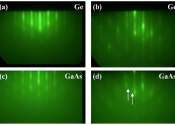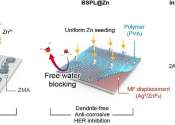New technique combines data from different sources for more effective multipurpose robots
Let's say you want to train a robot so it understands how to use tools and can then quickly learn to make repairs around your house with a hammer, wrench, and screwdriver. To do that, you would need an enormous amount of ...
Jun 3, 2024
0
46









